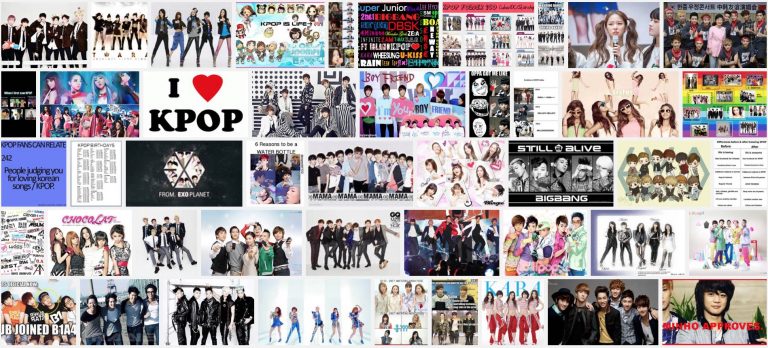
DuckDuckGo
Confucianism is long dead as a dominant principle or ideology in Eastern Asia, yet it is often called upon by scholars who analyze the culture and society of East Asia.
While it’s true that a once-dominant ideology may exert significant influence on a society even after its decline, how many of the “Confucianism theories” regarding South Korean culture and society are actually accurate?
Take Michael Hurt’s thesis on K-pop. It gained a fair amount of traction in social media in recent months. I stumbled upon it too. Though I personally enjoyed his (indeed) long piece as a primer on cultural studies (and the concept of pornography), I wasn’t quite convinced about his assertion that K-pop is neo-Confucian pornography.
Days after Hurt’s piece was translated into Korean, a South Korean researcher wrote a scathing criticism of it.
Lee Woo-chang, a literary critic, pointed out a basic error in Hurt’s logic: affirming the consequent.
- Korean neo-Confucianism (P) makes women into objects of pornography (Q): P→Q
- K-pop (R) makes women into objects of pornography (Q): R→Q
- Thus, K-pop (R) is neo-Confucian (P) pornography: R→P (ERROR)
To persuade the reader of his argument, Hurt requires more than this simple error in logic. Yet what he lists as features of neo-Confucianism are indistinguishable from those of any other male-centric culture, Lee argues:
Hurt’s remarks on neo-Confucianism include:
… “[The greater role of Confucian ideology] is to keep women in a lower class/power position in relation to men”
… “women’s chastity [was valued] as a commodity and the linchpin of her basic value as a human being”
… “Women were regarded as subjectless bodies”
… “girls […] were valued mainly by their capacity to make babies”Anyone who has ever looked into feminism and misogyny will easily see that most of his remarks on neo-Confucianism apply to all male-centric cultures. […] There is no reason to believe that what he argues to be a “Confucianist view on women” is actually Confucianist, nor that K-pop is neo-Confucian pornography, unless he is able to point out a meaningful distinction between the Confucianist view on women and that of other cultures.
Furthermore, even though Hurt expresses his wariness of the “Confucianism trap” in his piece, Lee argues that Hurt pushes himself right into that trap:
While he criticizes the worn-out error in Korean studies, he never mentions any sources other than neo-Confucianism in explaining Korean culture in the 2010s. Like many modern societies, South Korean society was born out of the crashes and compromises of various cultural sources. If you are to understand South Korean pop culture in the 90s, it is necessary to peruse the influences from the US, western Europe, Hong Kong, and above all, Japan, not to mention South Korean culture itself as of the 1980s […] Why should neo-Confucianism, not Japanese pornography culture [which directly influenced Korean pornography culture, including the works of Rotta which Hurt cites], be seen as a major factor in K-pop’s pornographic nature?
Lee concludes his criticism with a condemning assessment:
It doesn’t look like he is capable of analyzing modern Korea in an academic way. He’s unaware of the various influences that play out in modern Korean culture, nor does he understand Confucianism well. I trained in a similar field and I personally don’t think he’s good at analyzing cultural texts. He summons various concepts unnecessarily and his whole argument hangs on one basic error in logic. We can criticize K-pop’s pornographic nature and we can argue about how inappropriate Confucianism is for modern Korean society. However, there is no need to spend time reading this worthless article.
Hurt’s understanding of Korean neo-Confucianism is based on Taeyon Kim’s 2003 thesis Neo-Confucian Body Techniques: Women’s Bodies in Korea’s Consumer Society. I am not in a position to review her thesis. However, Jean Soh, who holds a doctorate on Eastern political thought, has posted several comments refuting what Hurt quotes from Kim.[1]
It’s too early to be certain, but I’ve a feeling that what led us here is a lack of rigorous discussion on neo-Confucianism in English.
Recent posts
- Waxing lyrical on K-pop: An in-depth interview with writer Kim Eana
- Why is the time travel trope so common in Korean period dramas?
- Is Protestantism really the biggest religion in South Korea? Making sense of the latest census.
- Protesting, as a Korean-American
- THAAD: A big pothole in Moon's road to the Blue House

